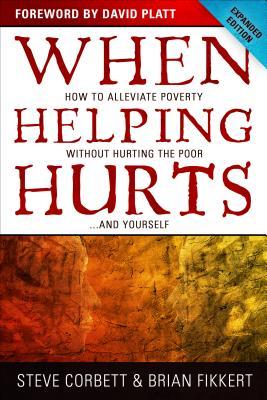I’m sore. I don’t think I’ve been this sore in quite some time, but it was more than worth it.
I got out of bed at the most ungodly hour of 5:40 (on a Saturday, no less) to drive to Belmont Heights Baptist Church. From there, several Kairos folks and I went to the Patton-Bear Dorm to help move freshmen into their dorm rooms.
I’m feeling every bit of those six flights of stairs I climbed more times than I can count. I’m also feeling satisfaction over the knowledge that we helped to ease the stress and trauma (mostly to the parents of the freshmen). What would’ve taken all day for them took approximately five minutes.
I met four new canine friends who just happened to be hanging out at Belmont near where we were working. One was a rescued Boston Terrier who had the distinction of having one blue eye. I can’t fathom who would get a dog only to neglect, abuse, and abandon it. But I am glad he’s found a good and loving home at last.
Most of service in the Kingdom of God is being faithful in the details and small stuff. We earn the right to have our gospel message heard when we walk the extra mile with people and help them carry their burdens (in this case literal burdens). We gain an audience when we first listen to what they have to say.
I counted in my head and this makes my fourth year of toting boxes up and down stairs and seeing the faces of grateful freshmen and their parents. I also figured that most of the freshmen I helped the first time are probably getting ready to graduate in May of next year.
God willing, I plan to be back for my fifth year in 2016. Maybe by then I’ll be in better shape. Maybe we’ll get assigned to a dorm with less floors.



